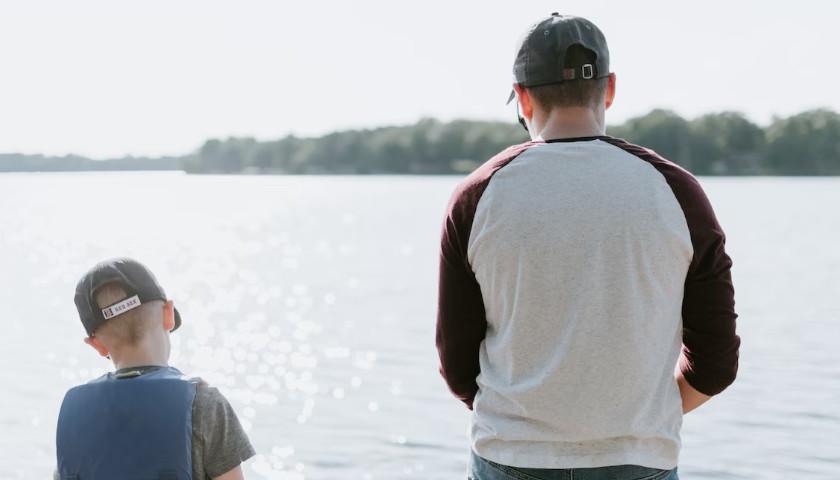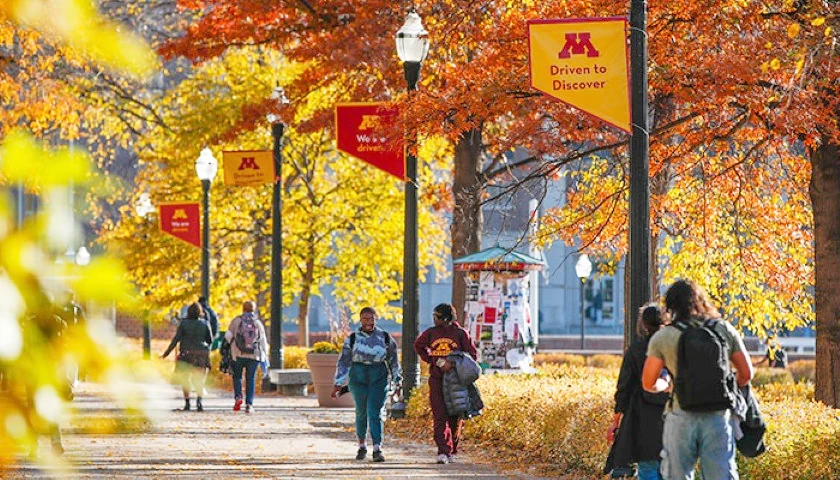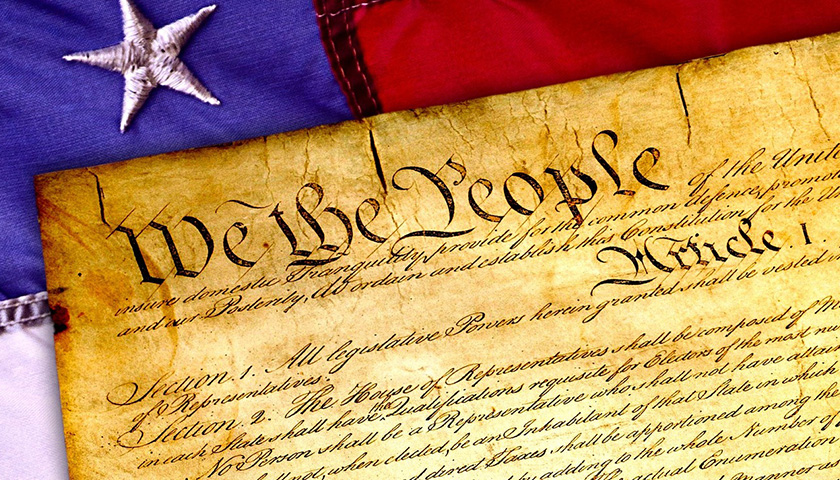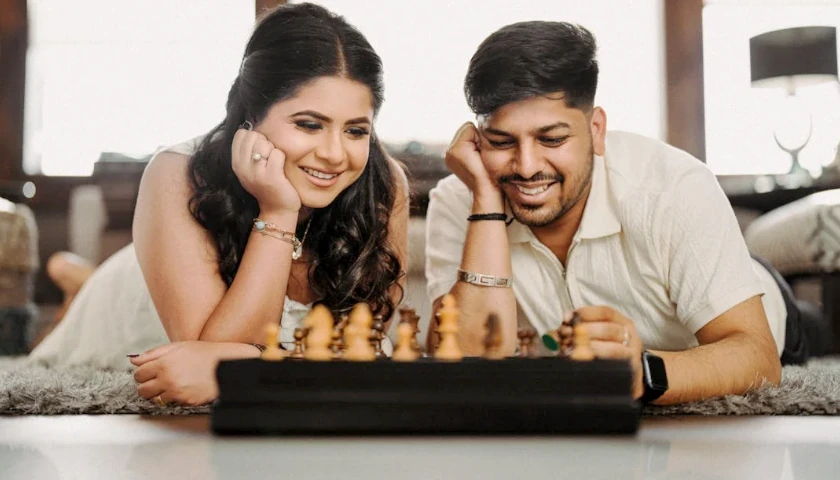by Bill Courtney
My dad left home when I was 4. And we really didn’t have much of a relationship.
He passed away not too long ago, and it was my stepbrother that actually told me. I had nothing to do with it. We had no relationship.
My mother was very well intentioned, and I don’t want to make it sound like she’s terrible – actually she tried very hard and loved me dearly, but there were a lot of guys after that who came into my life. And there were a lot of guys that left. There was violence, trauma, and one night I even had to dive out of a window to escape the gunfire inside my house.
As a result, Father’s Day has always been a really sore spot for me.
I didn’t even recognize it, but in my early 40s my wife Lisa very frustratingly said “Quit being a jerk on Father’s Day. It’s not about you anymore, you have your own children and now you’re a father. So I know you can’t celebrate Father’s Day from celebrating a father, but you can celebrate Father’s Day from being a father.”
I truly didn’t know that I got miserable on Father’s Day, but I did.
The truth is that in many ways I identify with my largely fatherless football players that I coached in inner-city Memphis more closely than I identify with my own kids. I’m white and they are black and I would never suggest I can identify with all of their realities, but as it pertains to fatherlessness, I saw in them much of what I felt in me. I understand growing up without a father, and all the hopelessness and sadness that entails.
I also understand being a strapping young man whose father has no interest in you and looking in the mirror thinking ‘Something must be wrong with me.’ I understand, despite the outward bravado young men shield themselves with, the true insecurities and pain that lie under the breastplate.
Why do I lack such value that my own father doesn’t even want to spend time with me? Especially on Father’s Day.’
I thought that for many years, and I know that many of the football players that played for me thought that for many years. So, on the one hand you see a grown white man with a business and some success, has been married to his wife for 32 years and these beautiful four children who are happy, and people think ‘I know what that guy’s life looks like.’
But the truth is you don’t. You have no idea the trauma that preceded the life that I have now. Most people also have no idea about the trauma that rampant fatherlessness is causing in many of our inner cities. I do because I have seen it in my players, and I have lived it in my own life.
As a result of that, people always ask me ‘How do you think you connected so well with the kids at Manassas High School being this white business guy?’ The truth is, I don’t identify as a white business guy. I identify as a kid that came from a lot of trauma. Therefore, I really understand them and their reality more than I understand my own kids’ reality. I didn’t grow up like my kids did.
It took a lot of work to get to a place that Father’s Day is a happy day around my house, but Lisa whipped my butt into shape like she normally does, and I can now celebrate being a father despite not being fathered. I am fortunate that, even though it took a long time to get here, we now have great father’s days around my house.
I pray the same is happening in many of my players’ lives as they now become fathers themselves.
– – –
Coach Bill Courtney is a subject of the Oscar-winning documentary “Undefeated,” author of the book “Against the Grain,” founder of Classic American Hardwoods, and host of the podcast “An Army of Normal Folks.





